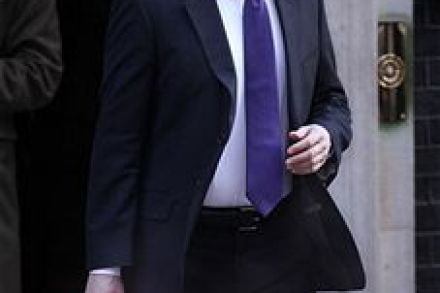The rebels press on in Libya, but questions remain
As Nato takes full military responsibility in Libya, the rebels surge onwards in the direction of Tripoli. According to one of the group’s spokesmen, Gaddafi’s hometown of Sirte — some 280 miles east of the capital — fell to their attacks last night; although there are reports, still, of explosions there this morning. In any case, the tidal shift that took hold at the beginning of the weekend is continuing. The rebels are now seizing ground, rather than ceding it. All this is, if not vindication for the Western leaders who pressed for a no-fly zone, then at least encouragement. It suggests that the one-two combination of Nato air support















